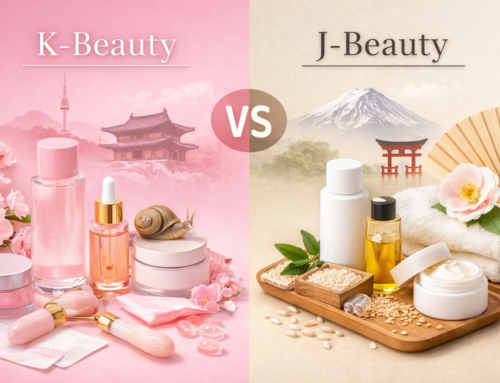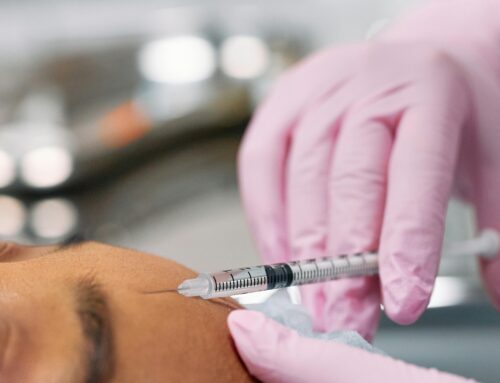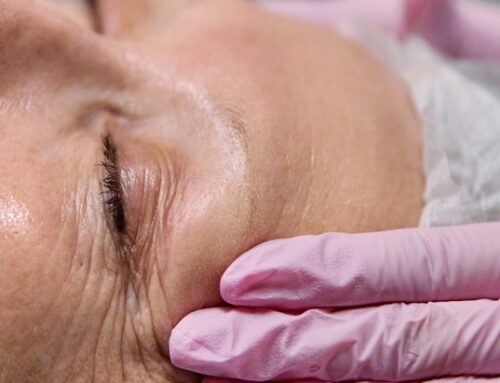Mushroom extracts are emerging as the latest buzzword in skincare, showing up in serums, moisturizers, and masks with promises of hydration, brightening, and anti-aging. While mushrooms have been used in Traditional Chinese Medicine for centuries, modern research is now beginning to validate their potential dermatological benefits, though not without some caution.
Skin Benefits of Mushroom Extracts
Mushrooms contain an impressive profile of bioactive compounds, including beta-glucans, antioxidants, and adaptogens. These components contribute to a wide range of skin benefits:
- Hydration: Certain mushroom species like Tremella (snow mushroom) act as humectants, helping skin retain moisture and plumpness.
- Brightening: Mushrooms such as Shiitake contain kojic acid, a known skin-brightening agent that may help reduce hyperpigmentation.
- Antioxidant Protection: Varieties like Chaga are rich in antioxidants that defend the skin against free radical damage.
- Anti-Aging: Lion’s Mane and Reishi mushrooms have been shown to support collagen production and reduce visible signs of aging.
- Anti-Inflammatory: As adaptogens, mushrooms may help calm inflammation and support barrier repair, making them useful for sensitive or stressed skin.
Popular Mushroom Types in Skincare
- Reishi: Often used for its soothing, anti-inflammatory, and anti-aging properties.
- Tremella: Offers deep hydration and barrier repair support.
- Chaga: Known for its antioxidant and skin-brightening effects.
- Shiitake: Contains kojic acid for brightening, but also noted in rare cases for triggering allergic reactions when consumed.
- Lion’s Mane: Supports collagen synthesis and wound healing.
- Cordyceps: Has antioxidant effects and may protect skin from environmental stressors.
What to Keep in Mind
While most topical mushroom skincare products are generally well-tolerated, a few caveats are worth noting:
- Ingredient Quality Matters: Mushrooms are bioaccumulators, meaning they absorb substances from their growing environment, including toxins. Look for products from reputable brands that test for purity.
- Potential for Allergic Reactions: Rare but documented cases like Shiitake mushroom dermatitis demonstrate that mushroom components such as lentinan (a thermolabile polysaccharide) can cause rash-like eruptions when ingested raw or undercooked. Although these reactions are mostly associated with dietary intake, they serve as a reminder that “natural” doesn’t always mean risk-free.
- Supplement Safety: Oral mushroom supplements can affect blood pressure and interact with medications. They are also not generally recommended for children or pregnant individuals without medical guidance.
Final Thoughts
Mushroom extracts may not be miracle ingredients, but they offer promising benefits backed by both tradition and emerging science. As with any trending skincare ingredient, the key lies in using high-quality formulations and being mindful of individual sensitivities. If you’re exploring fungi-infused beauty, consider patch testing first.




